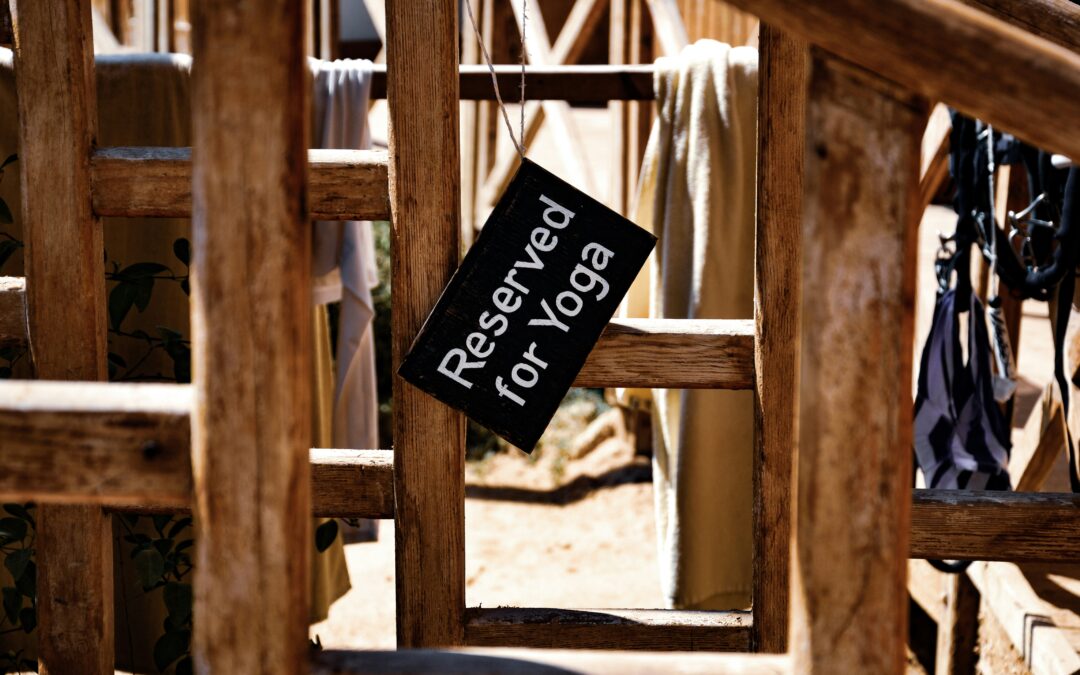Author: Ros
Growing up I was never into exercise. I was that kid that didn’t do well in gym class and did everything to not have to run. So you can imagine my dismay, when fast forward to varsity, my therapist told me I should exercise more.
My therapist didn’t bring up the suggestion to exercise out of thin air. Looking back, I think she could see the fear on my face… The fear that continuously grew as she explained that my deep seeded sadness and moments of euphoria were not a personality trait, but rather a mental illness. As she told me that I had bipolar disorder, I felt my world begin to crumble. Surely she was mistaken; but the more she explained the more it all made sense.
Growing up I was called moody by my entire family. I recall moments of such intense sadness and darkness. I would spend days crying; ignoring the calls of my friends when they tried to get me out to play. I would feign illness so that I didn’t have to go to school. I didn’t hate school, I just wanted to be left alone and being around others made me so irritable. And then there would be days when I would want to play and chat about everything and anything.
My family thought my mood would gradually “normalise” as I grew older, but it didn’t. If anything, it got worse. In high school, I would spend most of my day seated in a toilet stall just to avoid people. And then slept all day when I finally got home. And when it came to socialising outside of school, I became a different person. I would place myself in situations that were reckless, and sometimes even dangerous. I’m lucky to have friends that always looked out for me because I don’t know where I would be without them. But it’s during varsity when things truly fell apart. The bouts of sadness were longer, darker… more intense. And those around me started getting scared. A friend of mine encouraged me to get help, and that’s how I found myself sitting in front of a therapist.
My therapist was great at explaining why exercising would help with my bipolar disorder diagnosis: not only would it help boost my mood due to increased dopamine and serotonin, it will also ease the physical pains that I often experienced when having manic episodes. After running me through different forms of exercise I could take up, I decided walking and yoga would probably suit me best. Walking because it’s an activity I enjoy and yoga because I was interested to learn how to get in the various asana.
My varsity offered free Ashtanga yoga classes and I decided to join one…. I hated it!!! It was so hard, my body ached and I questioned how any of this was supposed to leave me feeling better. I swore to never try yoga again.
I failed in that promise to myself because a few months later I found myself watching YouTube videos and stumbled on some yoga videos. I discovered that there were various forms of yoga, some more gentle than others. I decided to give yoga another shot and started following beginner Vinyasa flow classes. It was still challenging, but I noticed a shift in how I started showing up for each session. The more I showed up on my mat, the more I wanted to stay there. I realised that this desire to stay was because of the calmness I felt whenever I did my asanas. My mind didn’t race, the pain in my muscles faded as I lay in savasana and I felt peace in my mind. I realised that my mind no longer feels like such a scary place to be.
It’s been over ten years since I started my yoga journey. I not only do the asanas, but I incorporate all 8 limbs of yoga in how I live my life today. Yoga has shown me that I am strong, both physically and mentally. And this realisation is often what gets me through the dark days. Yoga has taught me to slow down in times when mania is pushing for constant activity. Yoga has taught me to look at bipolar disorder not as enemy, but rather as a sign post to continuously appreciate the present moment, acknowledge my strength and let go of any past mistakes.
So I guess you can say that I enjoy exercise now:)
The content of the International Bipolar Foundation blogs is for informational purposes only. The content is not intended to be a substitute for professional medical advice, diagnosis, or treatment. Always seek the advice of your physician and never disregard professional medical advice because of something you have read in any IBPF content.


